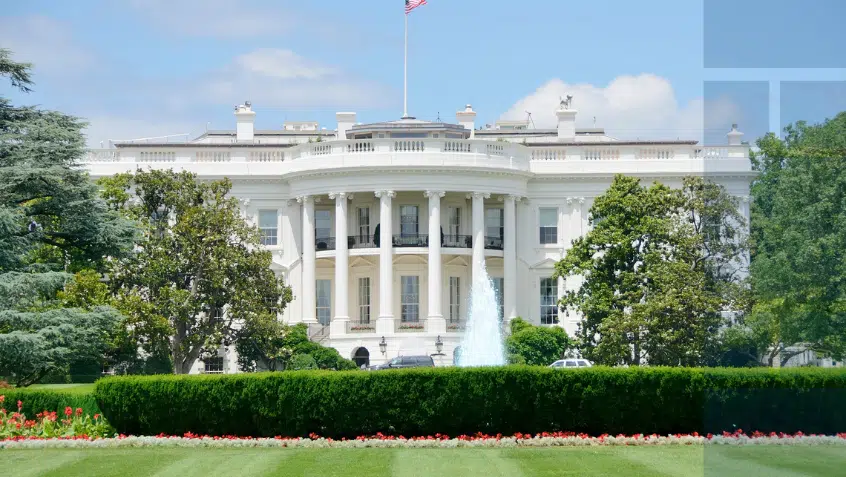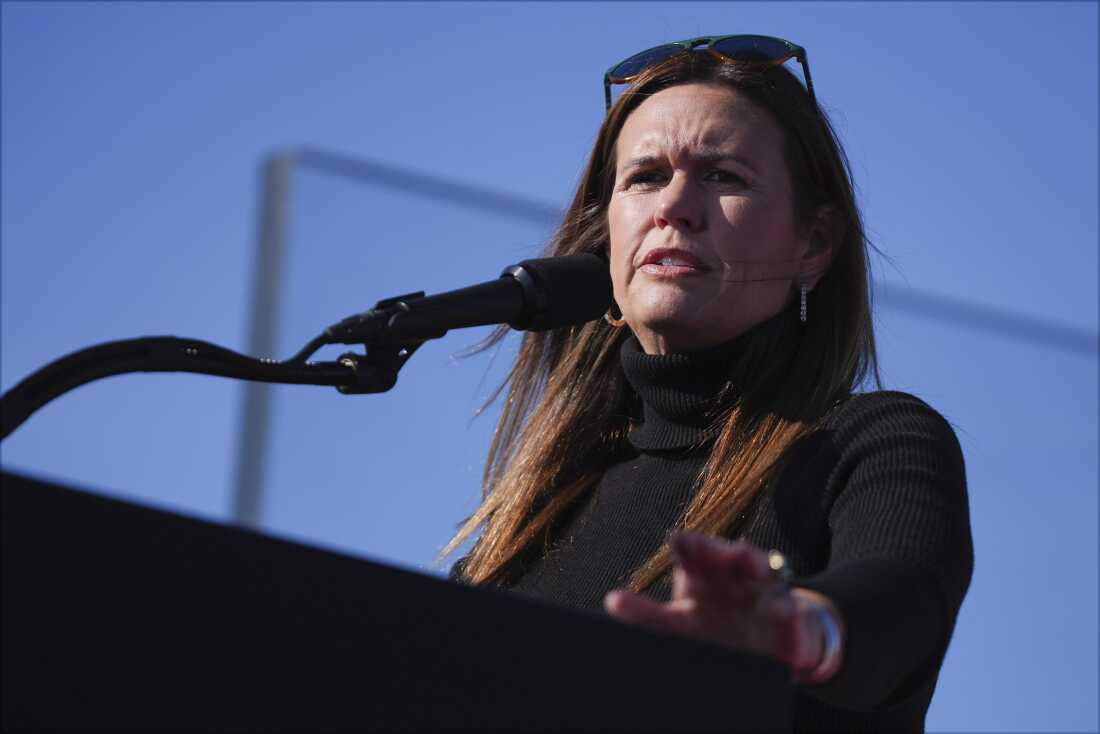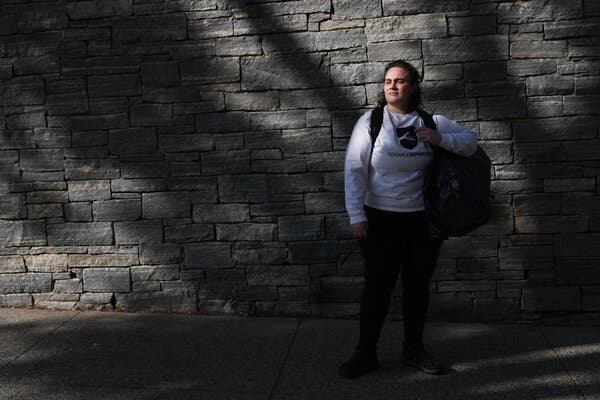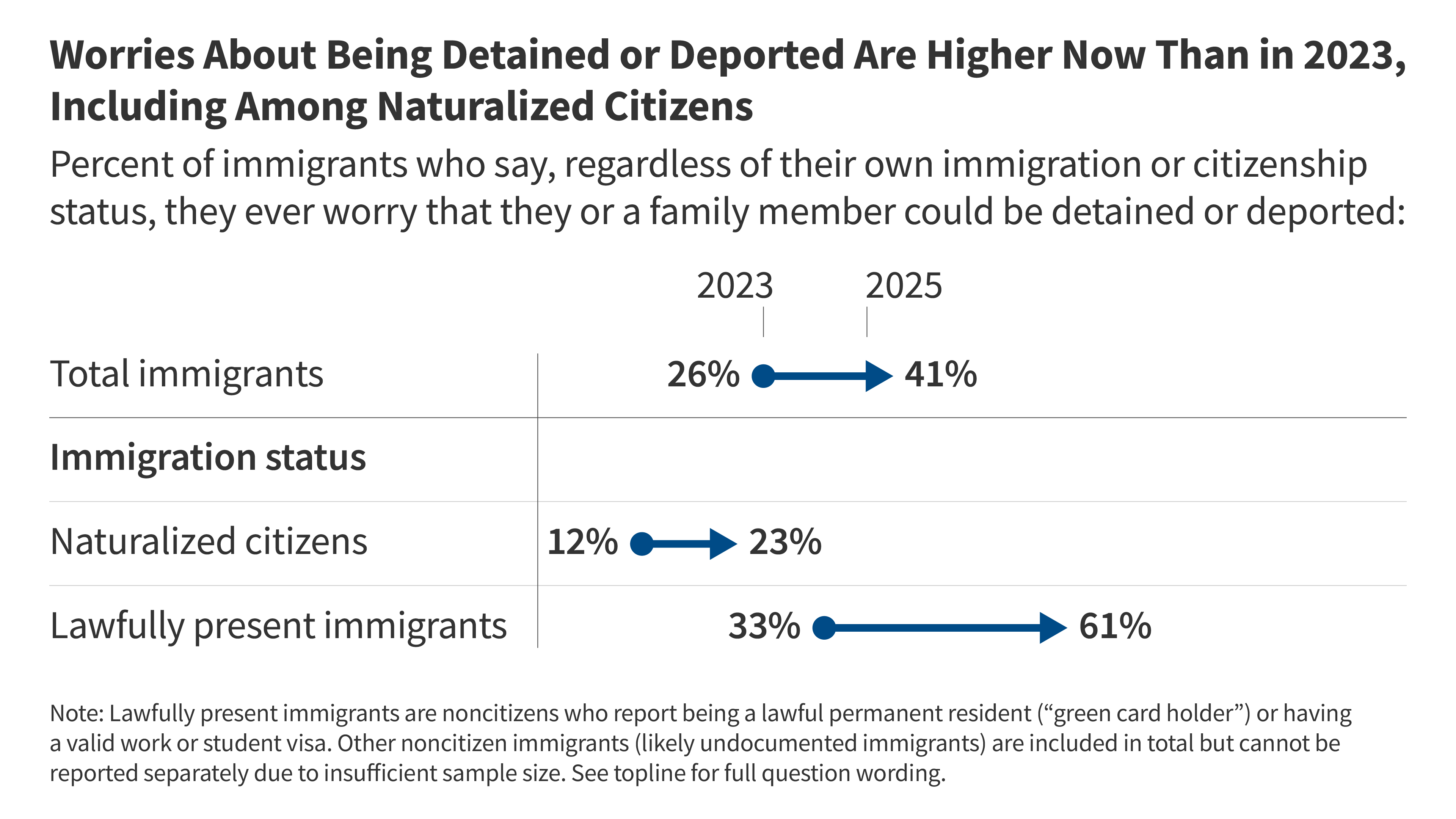Illinois Immigrant Healthcare Programs Linked to Reduced Hospital Debt, Study Finds
A University of Chicago study indicates that Illinois' Health Benefits for Immigrant Adults (HBIA) and Health Benefits for Immigrant Seniors programs may have significantly reduced hospital bad debt by 15%, translating to roughly $1.5 million per hospital annually. These findings emerge as Governor Pritzker plans to cut the HBIA program due to budgetary concerns, despite the programs' financial benefits for hospitals.

 Capitol News Illinois
Capitol News Illinois
Virginia Faces Healthcare Worker Shortage: Reimagining Workforce Development is Key
Virginia confronts a healthcare worker shortage, particularly in nursing and other critical fields. The Old Dominion University Dragas Center projects a shortfall of 139 new nurses annually until 2031 in Hampton Roads. Addressing this requires a collaborative, employer-engaged approach to workforce development, creating flexible career pathways and leveraging resources across sectors.

 The Virginian-Pilot
The Virginian-Pilot
Trump's 2026 Budget Proposal: Deep Cuts to Social Programs, Increased Defense Spending
President Trump's proposed 2026 budget includes substantial cuts to social programs like rental assistance, LIHEAP, and health initiatives, while increasing defense and border security spending. The proposal aims to shift responsibility to states, streamline programs, and reduce the federal bureaucracy. However, it faces criticism from both parties and housing advocates concerned about its potential impact on low-income families and public health.

 Medicare Rights Center
Medicare Rights Center
 Los Angeles Times
Los Angeles Times
 CNN
CNN
 Bloomberg
Bloomberg
States Revive Medicaid Work Requirements: Concerns Rise Over Coverage Loss
Several states, including Arkansas, Ohio, and Arizona, are reviving or introducing Medicaid work requirements. These proposals mandate that certain adults work to maintain their Medicaid coverage, sparking debate about the program's core purpose and concerns about potential coverage loss due to complex reporting requirements. Arizona seeks a lifetime limit on benefits. Legal challenges are anticipated.

 NPR
NPR
 Bloomberg
Bloomberg
 Bloomberg Law News
Bloomberg Law News
 AARP
AARP
Healthcare M&A Activity Faces Headwinds Amidst Shifting Market Dynamics in 2025
Healthcare M&A activity in 2025 is experiencing a complex interplay of factors, including economic uncertainty, regulatory scrutiny, and shifts towards value-based and patient-centric care. While overall transaction volumes have decreased, financially distressed organizations are increasingly seeking partnerships. Regional systems are expanding, and academic medical centers are growing their community presence. The industry faces challenges from inflation, tariffs, and potential reimbursement cuts, impacting deal-making and investment strategies.

 Grant Thornton
Grant Thornton
 Healthcare Brew
Healthcare Brew
 Healthcare Innovation
Healthcare Innovation
 Morgan Stanley
Morgan Stanley
NYC Health + Hospitals Leaders Recognized on City & State's 'Asian Trailblazers' List
NYC Health + Hospitals announced that Syra Madad, Chief Biopreparedness Officer, and Roger Zhu, CFO of NYC Health + Hospitals/Elmhurst, have been recognized on City & State New York's inaugural 'Asian Trailblazers' list. This recognition celebrates their leadership, experience, and contributions to healthcare and the community, highlighting their diverse cultural backgrounds and dedication to public service.

 NYC Health + Hospitals
NYC Health + Hospitals
Healthcare Stocks Face Turbulence Amid Regulatory Shifts and Pricing Pressures
Healthcare and biotech stocks are facing challenges due to regulatory shifts such as increased FDA scrutiny, potential drug pricing reforms, and financial strategies. This is affecting investor confidence. Key ETFs are being watched closely and companies are seeing revenue and stock prices impacted. The future depends on the political and economical decisions.

 Benzinga
Benzinga
 WSJ
WSJ
 TipRanks
TipRanks
 Finimize
Finimize
Florida's FGA Reshaping Food and Health Aid Policies Nationally
The article details the Foundation for Government Accountability's (FGA) efforts to reshape public assistance programs like SNAP and Medicaid by advocating for stricter eligibility requirements and restrictions. The FGA, backed by conservative donors, drafts legislation, provides talking points, and uses data to influence state policies, aiming to reduce government dependency. Their influence extends to the federal level, potentially impacting national policy under the Trump administration.

 Miami Herald
Miami Herald
Migrants Forego Medical Care Due to Fear of ICE Apprehension, Doctors Report
Reports indicate a growing trend of migrants avoiding medical care due to fear of deportation, exacerbated by policy changes and increased immigration enforcement. This avoidance has led to concerns about public health, increased healthcare costs, and potential birth complications, with a significant percentage of immigrants reporting negative health impacts due to immigration-related worries.

 The New York Times
The New York Times
Carole Roan Gresenz Named Dean of Georgetown's McCourt School of Public Policy
Carole Roan Gresenz, a health and public policy professor, will become the dean of the McCourt School of Public Policy at Georgetown University on August 1. Gresenz brings years of experience from the RAND Corporation and Georgetown, where she served as interim dean of the School of Nursing & Health Studies. Her vision includes fostering the Joint Program in Public Policy and increasing accessibility to public policy education.

 Georgetown University
Georgetown University
Medicaid, Federal Cuts Threaten Mental Health, Addiction Treatment Services Across US
Proposed federal budget cuts targeting Medicaid, the Substance Abuse and Mental Health Services Administration, and the National Institutes of Health are raising concerns about the future of mental health and addiction treatment. Experts warn that these cuts could exacerbate existing shortages in mental health services, leading to increased suicide rates, homelessness, emergency room visits, and incarceration, particularly affecting vulnerable populations relying on Medicaid.

 NPR
NPR
 CBS News
CBS News
 FOX 13 News Utah
FOX 13 News Utah
 Duluth News Tribune
Duluth News Tribune
Immigrants in the U.S. Face Rising Fears and Uncertainty Under Trump's Second Term
KFF studies reveal that immigrants in the U.S. are experiencing heightened fears of detention, deportation, and discrimination under President Trump's policies. This has led to significant impacts on their health, daily lives, economic well-being, and future outlook, with many limiting activities and considering leaving the country.

 KFF
KFF
 WAVY.com
WAVY.com
 KFF
KFF
New Aged Care Regulatory Model Webinar Slides Published by Australian Government
The Australian Government Department of Health and Aged Care released webinar slides on May 8, 2025, explaining the new aged care regulatory model, provider obligations, and rules. The 22-page PDF presentation is available for download in English and is tagged under Aged care, Aged care reforms and reviews, and New aged care regulatory model.

 Australian Government Department of Health and Aged Care
Australian Government Department of Health and Aged Care
New Aged Care Regulatory Model Webinar Slides Released by Australian Government
The Australian Government Department of Health and Aged Care has published webinar slides outlining the new aged care regulatory model. The slides, available for download as a PDF, detail provider obligations and rules. This resource is intended for the general public and provides information on aged care reforms and reviews.

 Australian Government Department of Health and Aged Care
Australian Government Department of Health and Aged Care
Industry Responds to Trump's Potential Tariff Plans Amidst Concerns over Drug Supply Chain
Pharmaceutical industry groups and think tanks are responding to a Section 232 investigation, seeking alternatives to tariffs on pharmaceutical imports. Concerns include potential cost increases, impacts on pharmaceutical innovation, and the importance of foreign supply chains. Some advocate for domestic production incentives and addressing unfair trade practices.

 The Hill
The Hill
 Information Technology and Innovation Foundation
Information Technology and Innovation Foundation
 insights.citeline.com
insights.citeline.com
 SupplySide Supplement Journal
SupplySide Supplement Journal
California Support for Undocumented Immigrants' Healthcare Access Remains Strong Amid Federal Cuts
Despite escalating federal crackdowns on undocumented immigrants, a majority of Californians support extending Medicaid benefits to this population, as revealed by recent polls. This support contrasts with dehumanizing rhetoric from Washington. The state has gradually expanded coverage since 2016, leading to health improvements, but faces fiscal pressures and potential federal cuts that could jeopardize these gains. California currently covers 1.6 million undocumented immigrants with Medi-Cal.

 Boyle Heights Beat
Boyle Heights Beat
California Polls: Majority Support Healthcare for Undocumented Immigrants Amid Federal Pushback
Amid escalating federal crackdowns on undocumented immigrants, polls reveal that a majority of Californians support providing healthcare benefits to this population. The state has expanded coverage since 2016, leading to health improvements. However, potential federal Medicaid cuts threaten these gains, sparking debate over healthcare access and budget priorities.

 Boyle Heights Beat
Boyle Heights Beat
Minnesota Health Finance Bill Advances, MinnesotaCare Funding Remains Unresolved
The Minnesota House is debating an omnibus health finance bill that includes $3 billion in spending, aiming to cut $50 million from the General Fund for health programs. A major sticking point is the unresolved funding for MinnesotaCare. The bill also addresses issues like ambulance services, pharmacy dispensing fees, and social media mental health warnings, while facing criticism over potential cuts to public health and Long COVID grants.

 MN House of Representatives (.gov)
MN House of Representatives (.gov)
Minnesota Health Finance Bill Advances to House, MinnesotaCare Funding Uncertain
The Minnesota House's omnibus health finance bill has moved to the House Floor, but the crucial aspect of MinnesotaCare funding remains unresolved. The bill aims to cut $50 million in biennial spending and includes provisions for pharmacy dispensing fees, ambulance service payments, and a directed payment program for hospitals. However, disagreements persist regarding MinnesotaCare eligibility and proposed cuts to public health initiatives are drawing concerns.

 Minnesota House of Representatives (.gov)
Minnesota House of Representatives (.gov)
Wisconsin Lawmakers and Residents Protest Potential Medicaid Cuts Amid Federal Debate
Wisconsin is facing potential Medicaid cuts as Congress debates extending 2017 tax cuts, which could increase the federal deficit. Lawmakers like Sen. Tammy Baldwin and Rep. Jodi Emerson held roundtables with Medicaid recipients and providers to voice concerns. These cuts could impact over 1.3 million Wisconsin residents, especially low-income individuals, the elderly, and those with disabilities, potentially shifting healthcare costs to taxpayers.

 WPR
WPR
 WQOW
WQOW
 Barron News-Shield
Barron News-Shield
 Channel 3000
Channel 3000
